13 underestimated survival skills in the city that you should know for urban survival
These 13 survival skills are the basics for urban survival - they will help you survive in a big city if a crisis occurs.
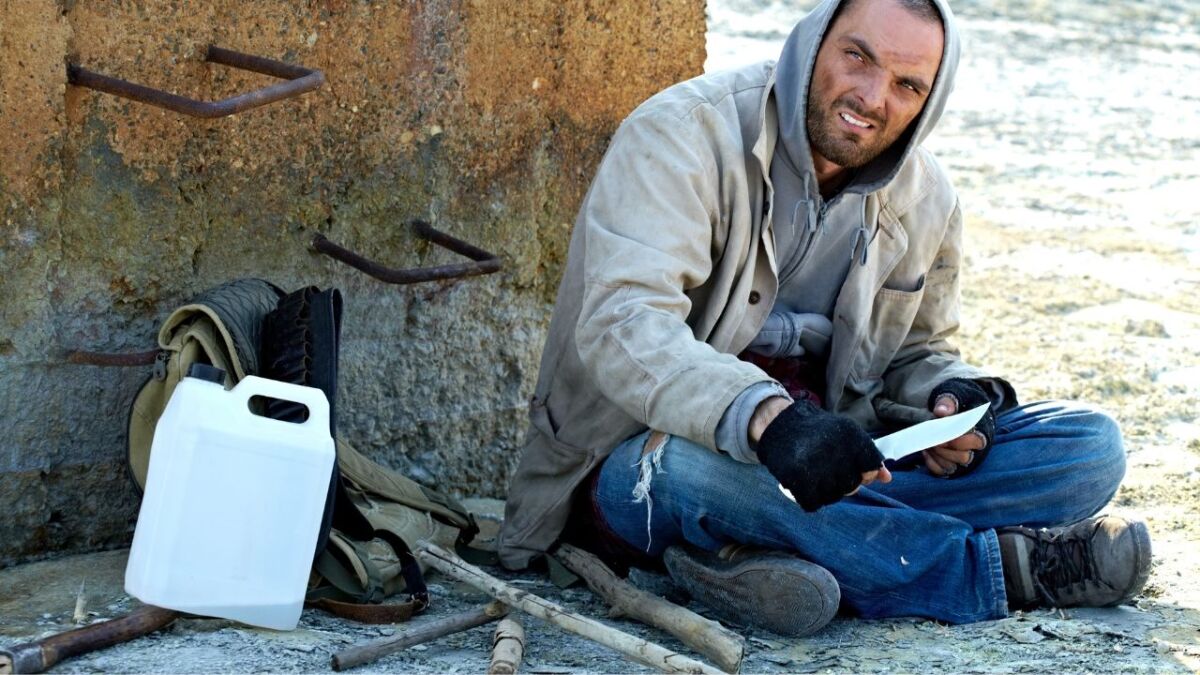

From Martin Gebhardt. Check out my “About me” page.
👉 The key facts from this guide
- Find and purify water to make it drinkable. Water is your most vital resource.
- Search for food and learn how to hunt and gather food. In times of crisis, traditional sources of food can be difficult to obtain.
- Find shelter. In urban areas, there are many vacant homes that you can use.
- Develop self-sufficiency. You need a stable source of food. Learn how to create a garden and grow your food.
- Improve your ability to assess people and situations accurately. Build your instinct to read people's thoughts and body language.
- Develop mental strength. You should be mentally prepared to cope with the stress of life in a city after a disaster.
There are many things that can go wrong in an urban area due to a variety of factors: a natural disaster, environmental conditions or human actions.
Then things can get critical: overcrowded streets or people in panic.
And there are many skills that people in the city might not know or may not be able to learn.
But it doesn't have to be this way.
There are opportunities to thrive in the city if you are prepared for it.
Here is a list of 11 skills you should know to survive in the urban jungle:
1. Finding Water
First, assume that the water supply may not be working.
And since water is your most vital resource, this is also the number one topic on my list.
After everything has settled down, gather your thoughts and find water.
This is urgent because your mind and body won't function without hydration. Look out for lakes, ponds, city fountains or other nearby water sources.
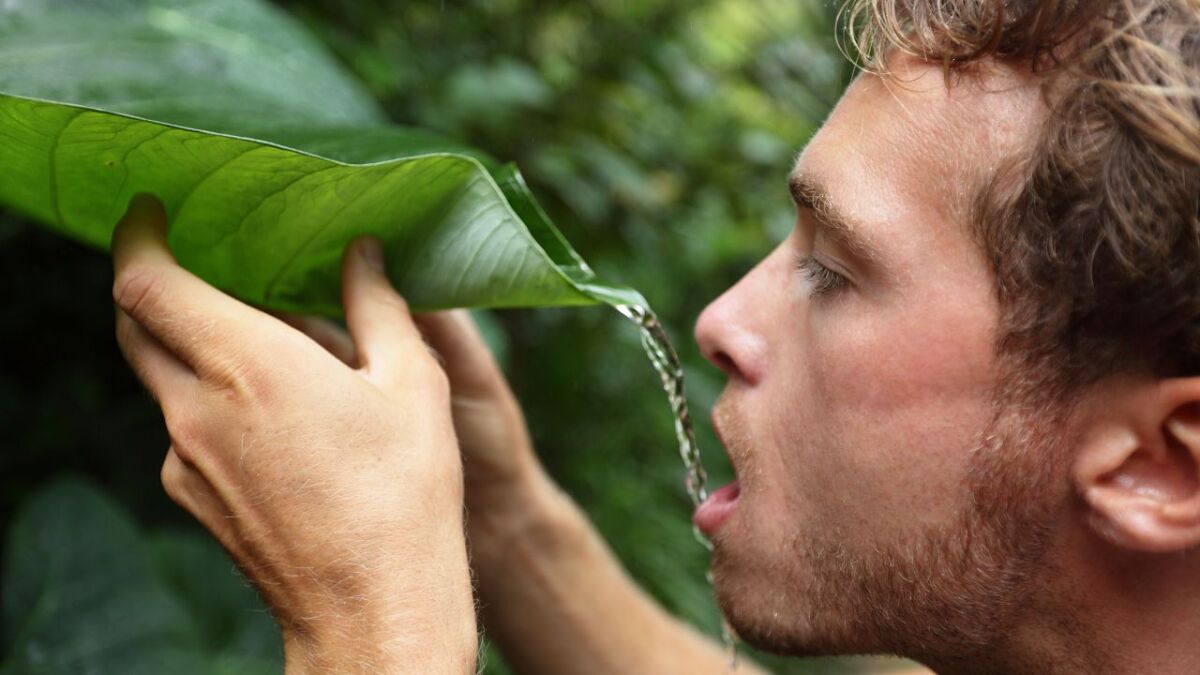
In general, I recommend being very cautious with city water. Often it is more contaminated than outside the city.
If you need to access water from a river, never take water from it when the river leaves the city. Go to the beginning of the city where the river enters and collect the water from there.
If conventional water sources are unavailable, you can also seek alternatives like plants, fruits, or even moisture collected from containers.
But before consuming water from these sources, make sure to purify it.
2. Water Purification
What good is finding water if you can't drink it?
For this reason, in addition to searching for water, you must learn how to make it potable.
There are various methods available to make water drinkable.
However, I will only focus on methods that can be performed in less than ideal scenarios:
- Use purification tablets, such as those from Katadyn. It is important to have them on hand at all times in your bug-out bag.
- You can also use bleach. Just the right amount is enough to kill harmful bacteria in the water.
- The easiest purification method is boiling. Boil the water for 1 to 2 minutes.
3. Food Search
In addition to searching for water, one of the biggest problems you will encounter in times of disaster is nutrition.
During crises, it is very likely that stores will be closed or looted by starving people. So conventional sources of food may be hard to come by.
In this situation, you should rely on your instincts. You should learn how to hunt and gather food.
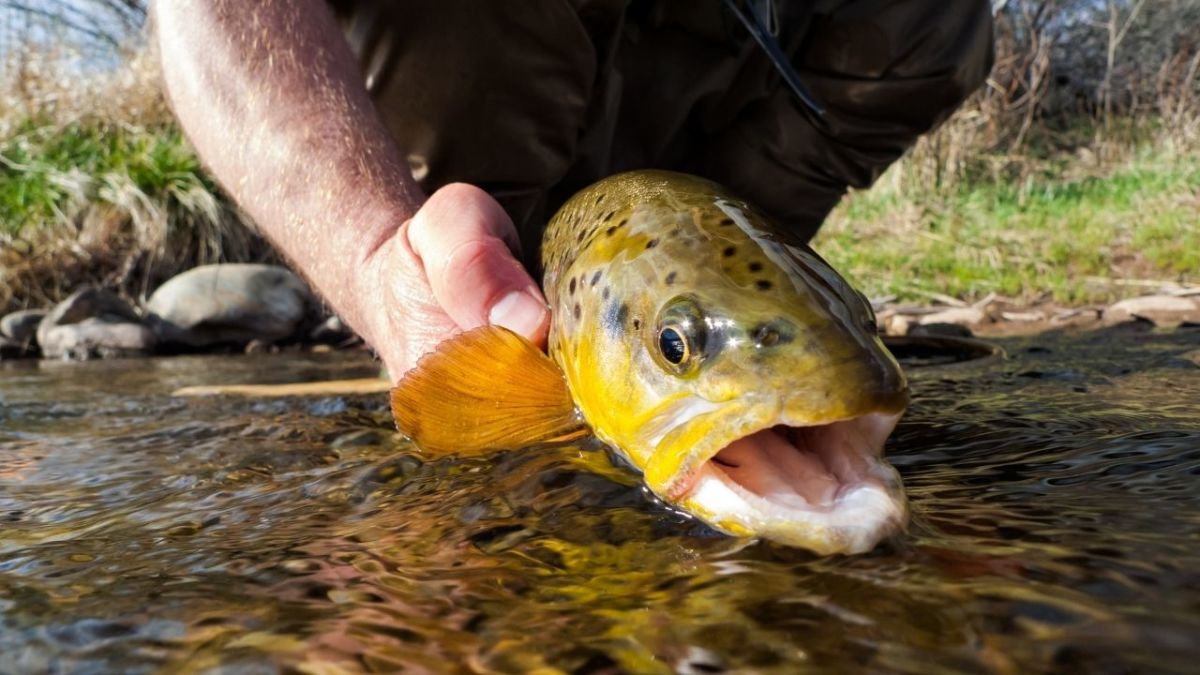
In an urban environment, hunting means searching for available edible fauna such as pigeons, ducks, and fish.
I remember a story from my grandma when she was 6 years old.
After the war, she had nothing to eat and her family occasionally caught birds in Berlin to eat. Mainly, crows ended up in the pot.
You can develop makeshift traps and create improvised hunting weapons from basic materials.
Crates and shopping carts are excellent materials for traps. Wires, rods, and the inside of rubber tires can be processed well into arrows and bows.
Furthermore, you should deal with where to find fish and how to catch fish without modern equipment.
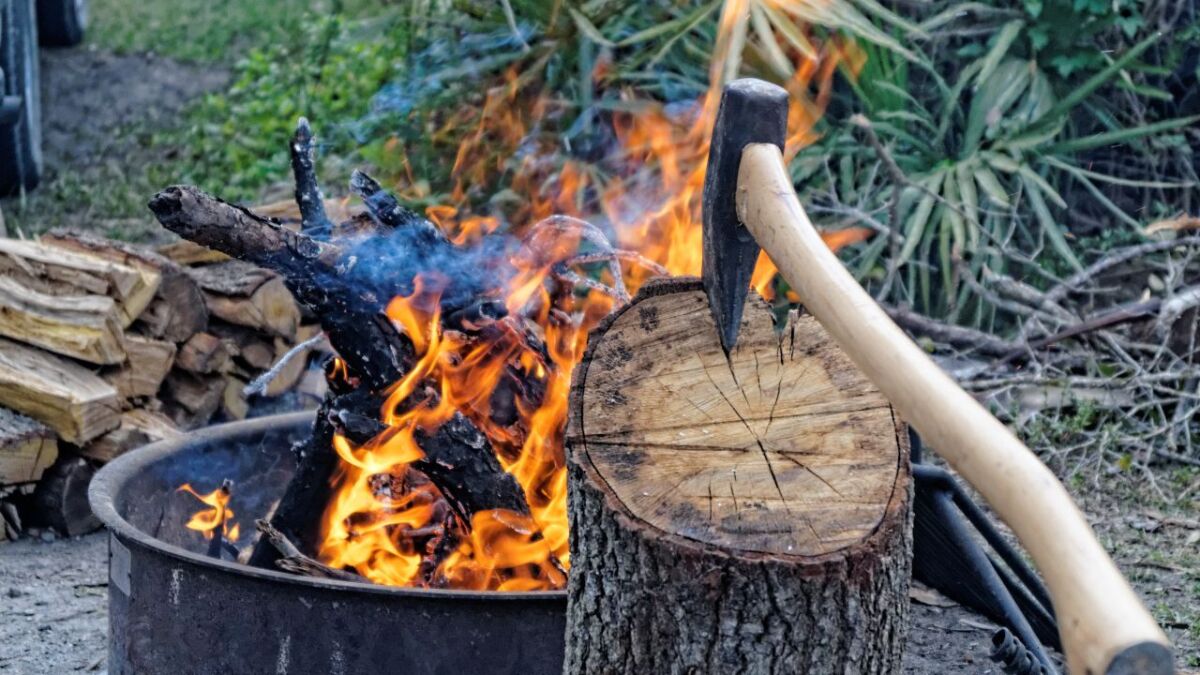
And again: animals in the city usually do not eat healthy. They eat garbage and dirt.
If you have caught animals, make sure to cook them well!
4. Finding Shelter
Throughout history, our cities, and houses have been affected by floods, hurricanes, tornadoes, or earthquakes.
When these events occur, we must be able to think quickly and find shelter where we can.
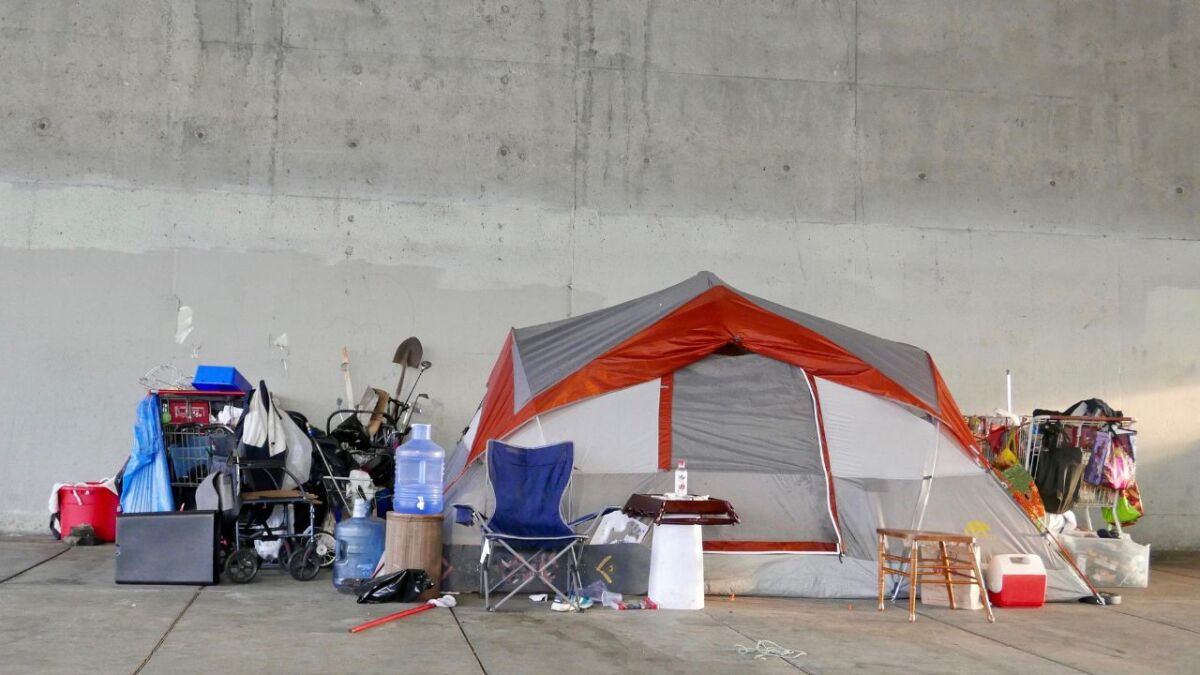
In urban areas, you won't find caves or overturned trees (More about the danger of fallen trees). There may not be any natural habitats, but there are typically many vacant dwellings that you can use.
Knowing how to build shelter is not only important when you're stuck in the wilderness. It's also necessary when you're trying to survive in an urban area.
The possibilities are endless:
- Build a shelter from crates and cardboard
- Enter abandoned apartments
- Look for basements to protect yourself
- Use rooftops to have an elevated shelter
- Build a shelter made of leaves in the park
- Use abandoned vehicles
- Build something from walls and fences
- Use garbage bins or left-behind furniture
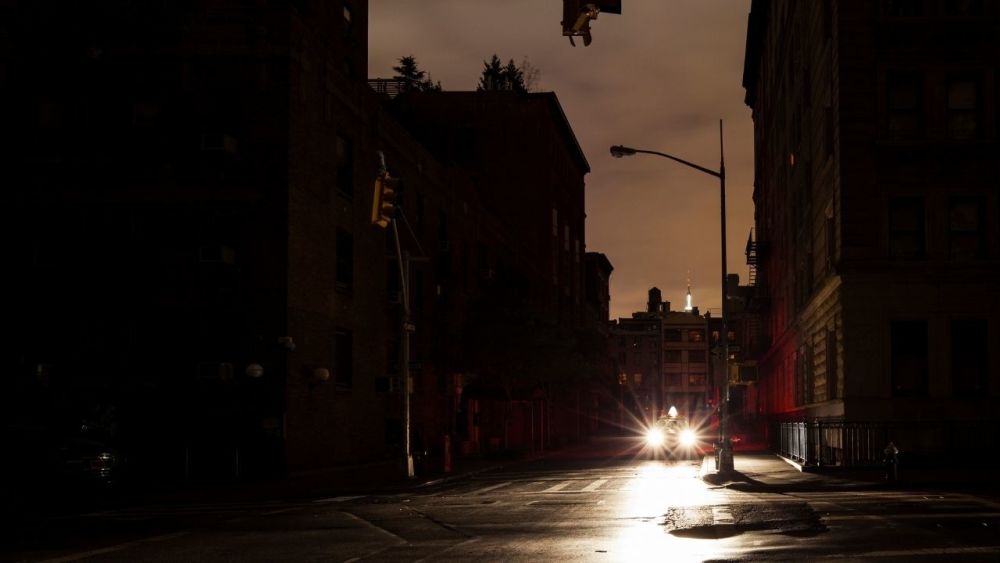
5. Self-Sufficiency
Once the first few days have passed, and you have water, you'll need to focus on survival.
To live, you need a stable food source. Hunting and gathering will only last for so long, since one day this resource will also come to an end.
After all, your city has just enough pigeons, crows, fish, and ducks to feed a few hundred starving people.
What you should do is start a garden and grow your food.
Self-sufficiency is the key to long-term sustainability.
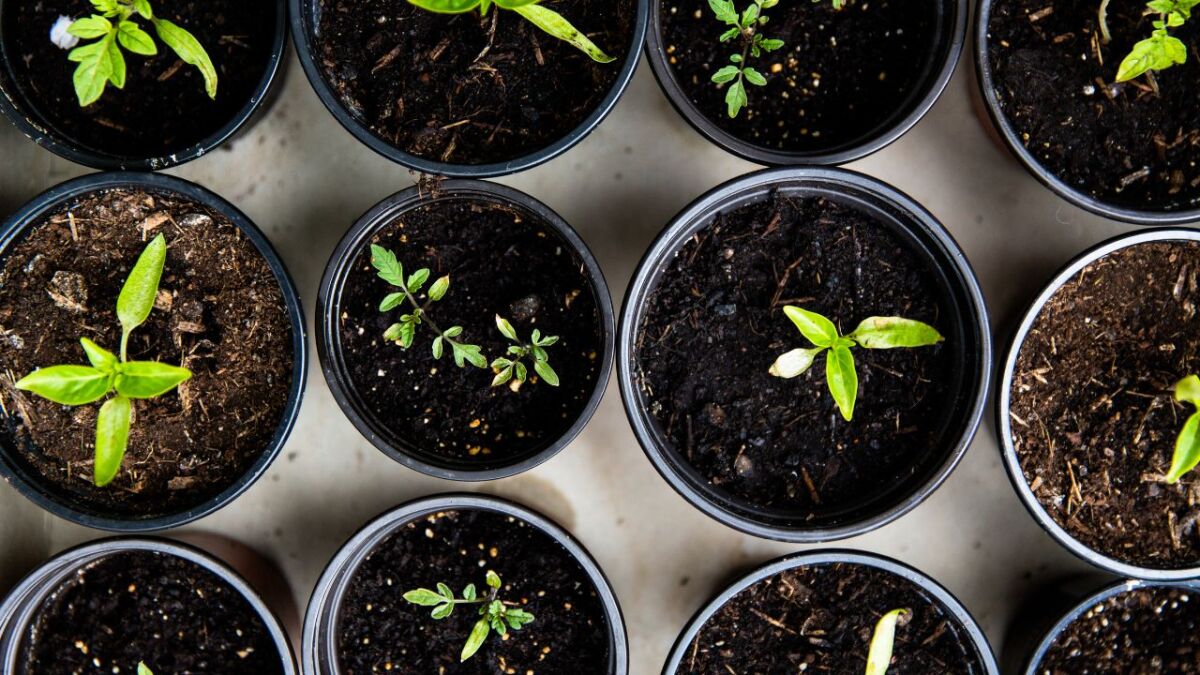
Collect every seed you find and start a garden project from scratch.
Animal and human waste can be used as fertilizer. And to provide moisture to your plants, you should use collected rainwater (which you can also drink!).
In the distant future, you should also consider getting rabbits or other animals that you can breed. This would take care of your meat supply.
Read more: The complete guide to breeding and raising rabbits, to provide yourself with meat.
6. Reading People
Unfortunately, the worst situations can bring out people who act without thought.
I will never claim that people are inherently selfish. In fact, I believe that they are cooperative because we can only survive together.
However, there will be times when people will turn on each other just to survive.
And in such an environment, you need to keep your head down.
Therefore, it is essential that you can assess people as well as situations well.
Build up your instinct to read people's thoughts and body language by strengthening your observation skills.
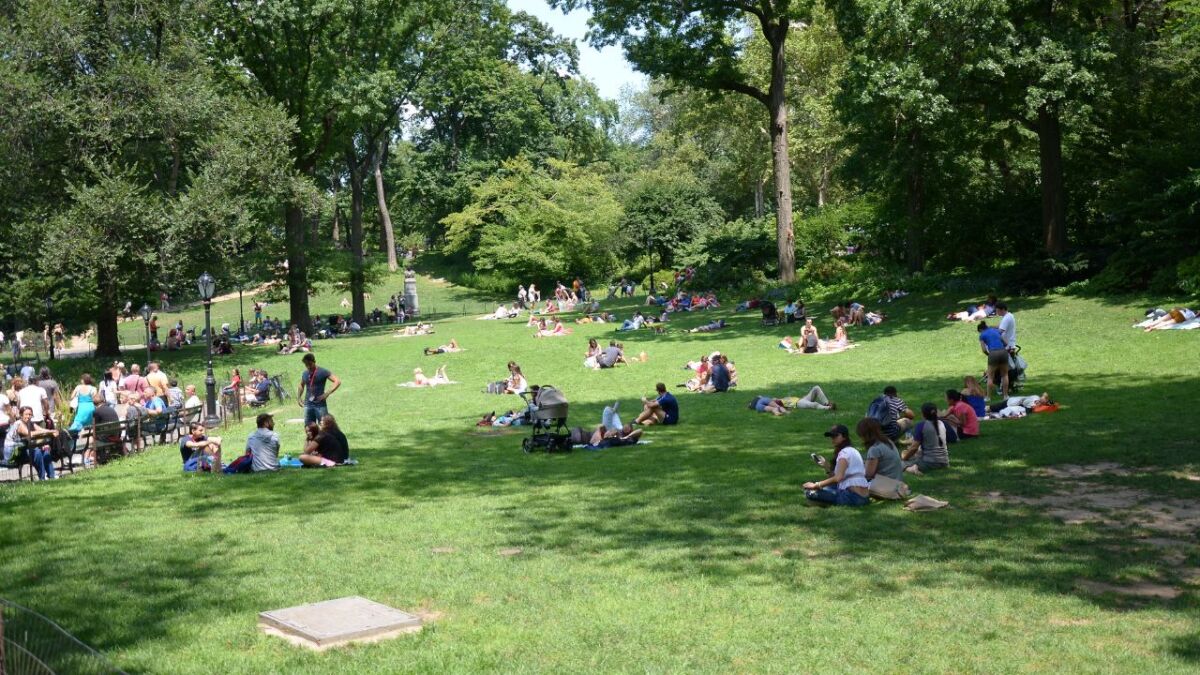
One of the simplest ways to expand your observation skills is to watch people and their behavior in everyday life. You can observe people's habits and routines or how they react to different situations.
You can also observe different animals in their natural habitat and see how they react to different stimuli. Watching other people is a great way to learn more about yourself and others.
Observational skills are important because they allow us to gather information that we may not otherwise have access to. Observational skills are also crucial for creative thinking, problem-solving, and planning.
7. Adaptation
After refining your ability to read people, you should focus on developing your adaptability.
You need to become the "gray man" or the "gray woman."
You should not stand out in any way and must immediately avoid arguments.
Compromise on some things to get along with others.
In many situations, it is significant to maintain harmony, as people can be incredibly tense.
The key to developing your adaptability is practice.
You should put yourself in uncomfortable situations during normal times.
Participating in a survival training is an excellent way to do this.
8. Self-defense
If the situation requires it, you should be able to defend yourself.
Taking this step can be difficult, but it may be necessary.
Learn some rudimentary self-defense techniques. You can find a variety of online and offline courses that offer modules such as Judo, Jiu-Jitsu, and mixed martial arts.
However, self-defense is not just limited to hand-to-hand combat, and we'll talk about this in the next point.
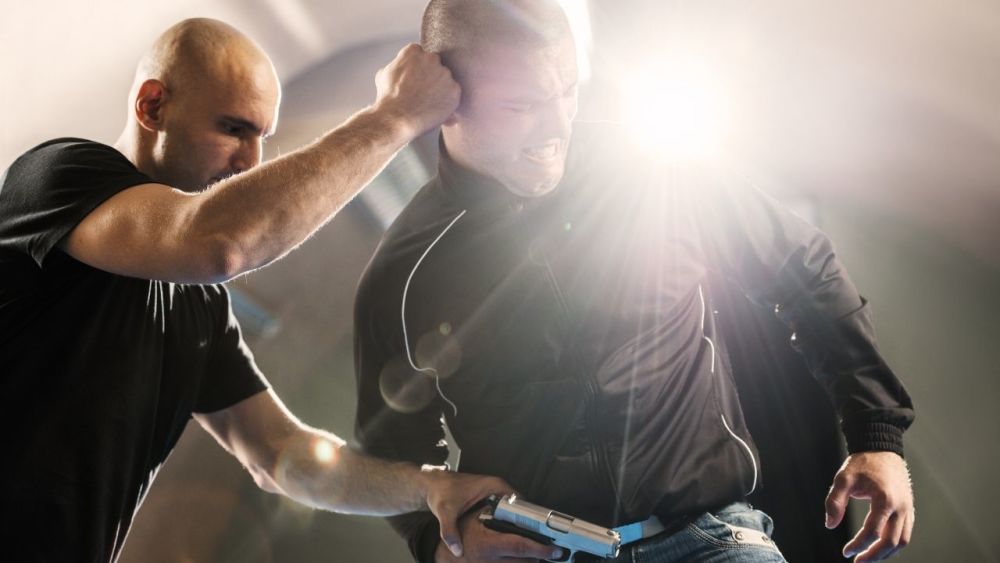
9. The Art of Escape
Escaping an attack is also an excellent self-preservation technique.
An experienced survivalist knows when to fight and when to flee.
Remember, the objective is to survive.
But you can't successfully evade threats if you don't know where to retreat.
The key to effective evasion is to know the lay of the land like the back of your hand.
By developing a more profound understanding of the topography of your location, you can easily escape through streets and alleys without being discovered.
Read more about this here: Become a Local by Mapping: An Activity for Exploring and Getting to Know a Place
10. Medical Know-How
Whether you like it or not, you'll find yourself in a position where you're wounded - or worse - unable to work. That's the reality of life in a hostile world.
So, it's important to know how to treat yourself medically.
And of course, it would be helpful to have a first aid kit with you.
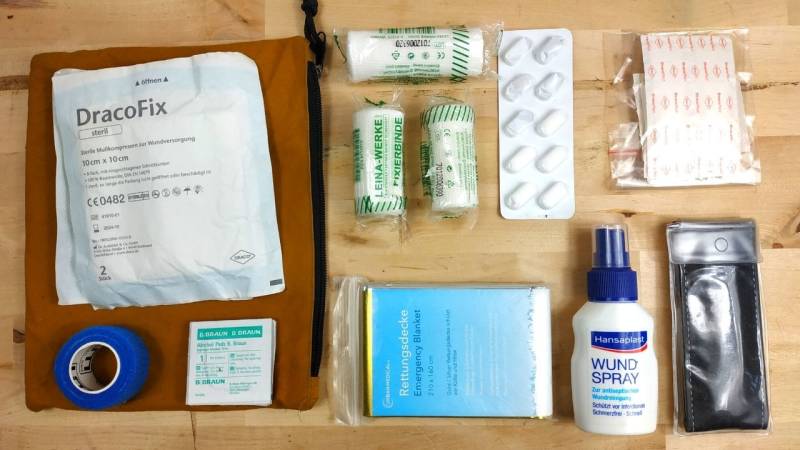
Invest in a high-quality medical kit or put together your own. Even in normal times, injuries can occur, so you should always have one with you anyway.
But a first aid kit is useless if you don't know how to use its contents.
Make sure to practice some basic first aid skills like the life-saving pressure bandage.
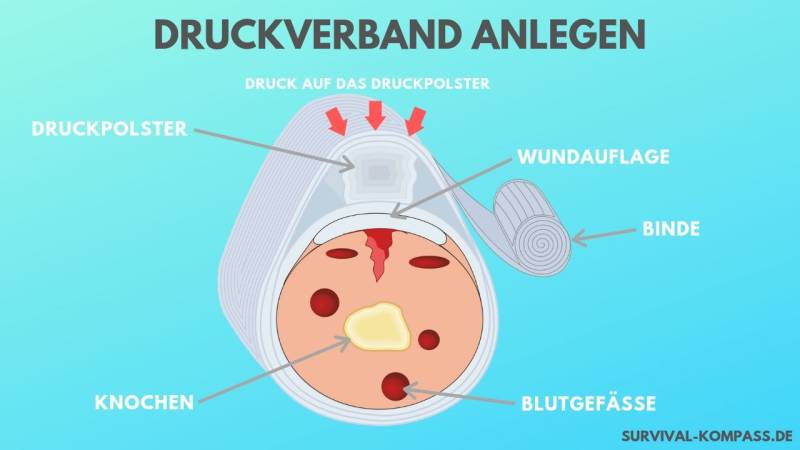
You can find great videos online to help you, or attend a first aid course in your city.
Here's a video about applying a pressure bandage:
11. Craftsmanship
Knowing how to repair things will be a crucial skill in an emergency.
If your house is damaged, plumbing, electrical, and carpentry skills can make the difference between staying in your house or leaving it.
Another good reason to have craftsmanship is that you can help your neighbors and in turn receive help from them.
Unfortunately, most young people don't know how to repair things. Why is that? Because our society has made it so easy to replace things. When something breaks, you just find it on Amazon, click Buy Now, and it'll be at your doorstep in two days.
That's not always the best way because over time, there are fewer and fewer people who can repair broken things. That means if you want something repaired, you'll have to ask someone with the right skills or pay someone to do it for you.
The best way to avoid this problem is to learn how to repair things yourself.
And there will come a time when you won't get a replacement and will have to repair things you own: flashlights, camping stoves, radios, generators, appliances, and so on.
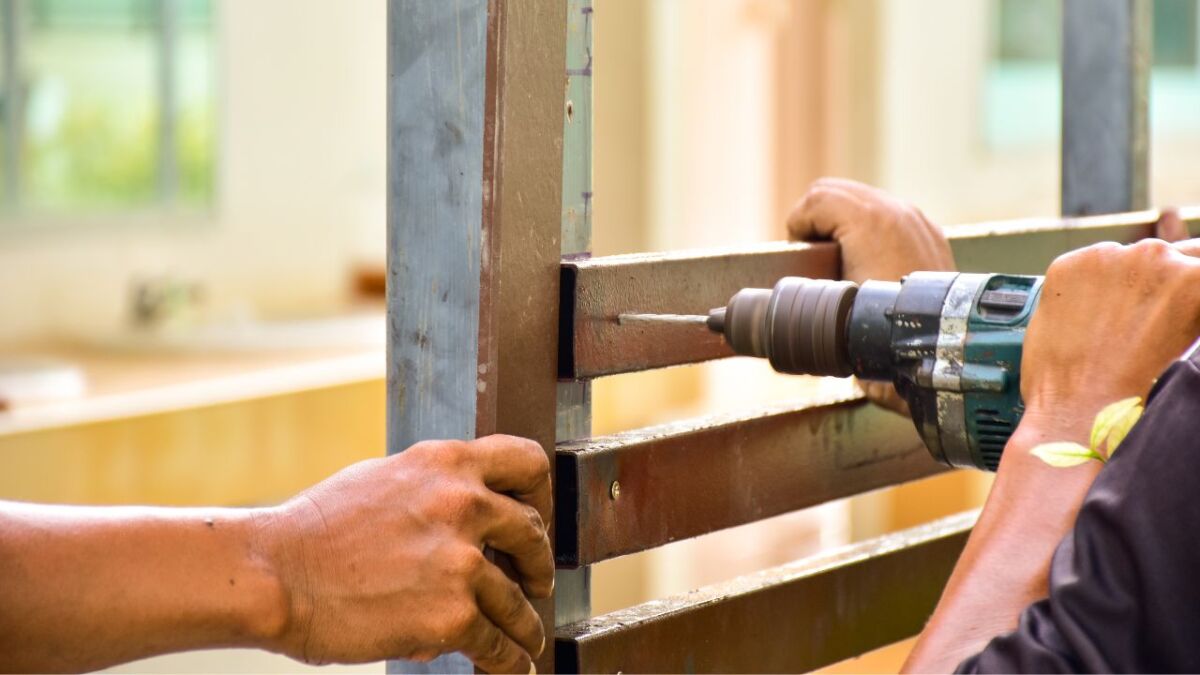
Organize all of your repair manuals and learn how to fix your survival gear.
If you don't have any handyman skills at all, check out selbermachen.de and selbst.de, which are two great starting points.
12. Communication
Communication is crucial in an urban environment.
You may be far away from home when a disaster strikes, and the first thing you want to do is contact your loved ones.
This scenario makes communication an important component, which is why urban survivalists must learn how to use a walkie-talkie or radio.
Aside from radio communication, it can also be vital to know how to talk to average citizens or strangers.
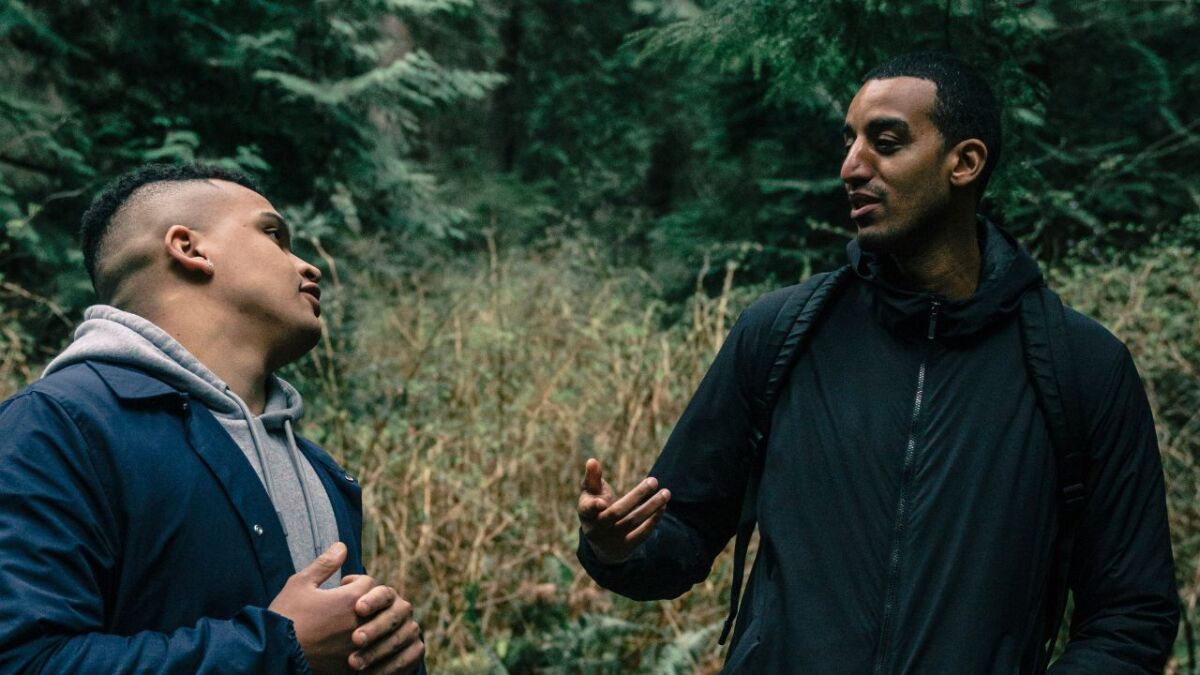
You encounter various types of people every day. There are many of them in urban areas. Chances are, you will encounter a few difficult people.
Knowing how to deal with them when necessary is crucial for urban survival. This is especially essential when you need to calm down in violent situations or read intentions based on verbal clues.
Once you have developed a knack for communicating with people, you will have no problem dealing with complex and sometimes dangerous human interactions.
13. Developing Mental Strength
You should definitely be mentally prepared to deal with the stress of life in a city after a disaster.
You can provide your body with water and food to keep it running.
But if your mental foundation is unstable, everything will fall apart.
The secret to a strong mind is gradually developing a positive mindset and worldview.
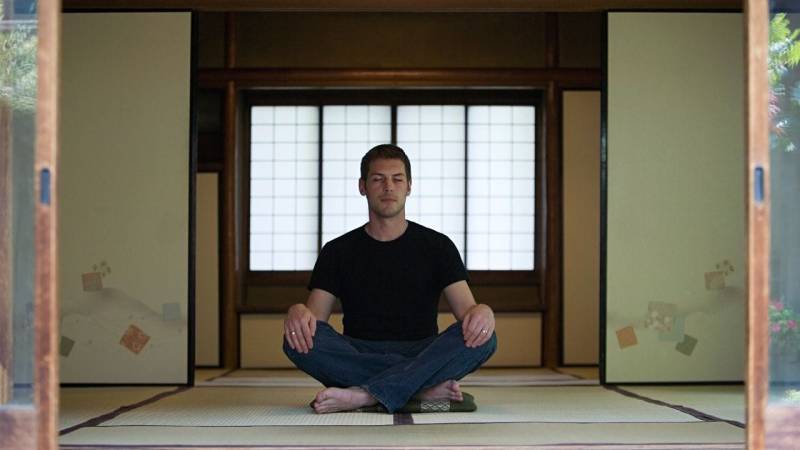
You should accept that nothing in this life is permanent. We will all die one day, and it's about living long and well.
Survival is all about the right mindset combined with the development of necessary physical skills.
Mastery of these survival skills in the city will not happen overnight. It will take some time, so start as soon as possible.


Author of the guide
Martin Gebhardt
Hey, I'm Martin. On my blog, you will learn the basics and numerous details about living in the wild. I think survival, bushcraft and the good life in nature are the keys to happiness. Find me here on Instagram or on YouTube. You can find more about my mission on the About Me page.
Was this guide helpful?
40 people found this guide helpful.
5.00 out of 5 points (40 Ratings)
Comments (0)
This post may contain affiliate links. So if you click on the links and make a purchase, I will receive a small commission at no additional cost to you. Click here, to learn more about it.



